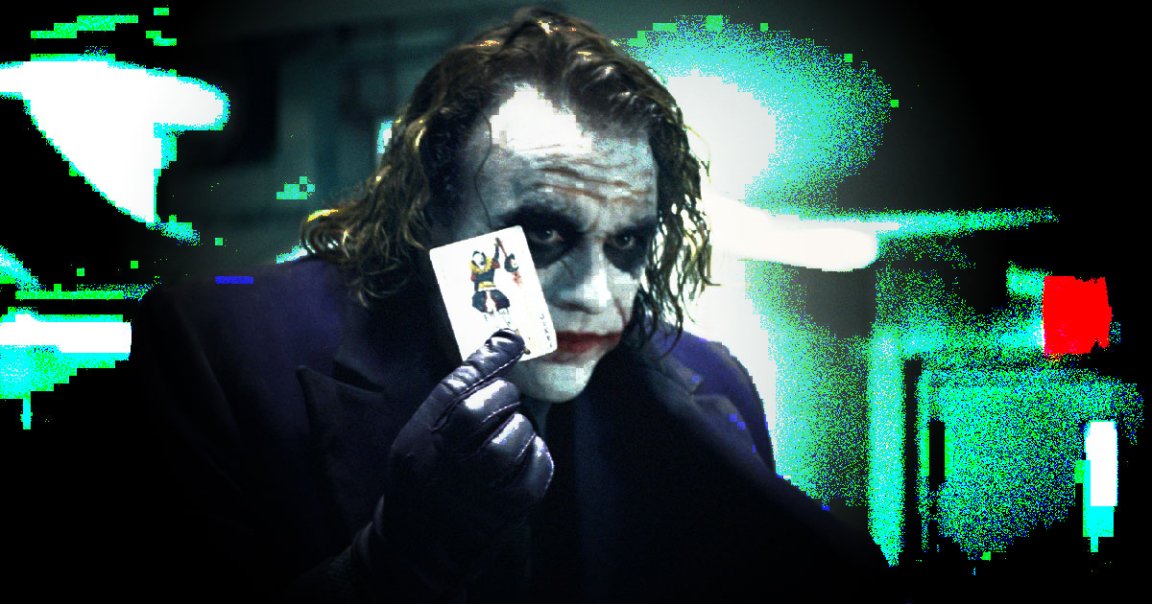
AI image generator Midjourney is in major trouble after being accused of facilitating mass copyright infringement.
According to documents obtained by The Hollywood Reporter, entertainment conglomerate Warner Bros. Discovery is suing the startup for “brazenly” infringing on its intellectual property by letting its users create AI-generated images and videos of its copyrighted characters — which, due to Warner Bros’ immense catalog, include everything from the Batman franchise to Scooby-Doo to Bugs Bunny.
“The heart of what we do is develop stories and characters to entertain our audiences, bringing to life the vision and passion of our creative partners,” a spokesperson told the Reporter. “Midjourney is blatantly and purposefully infringing copyrighted works, and we filed this suit to protect our content, our partners, and our investments.”
It’s not just Warner Bros. Disney and Universal teamed earlier this year to independently sue Midjourney for “blatant copyright infringement,” accusing the company’s generator of being a “virtual vending machine” that can generate “endless unauthorized copies.”
The lawsuit highlights how the subject of copyright infringement is quickly turning into a high-stakes legal battle for AI companies like Midjourney — but also affecting much larger enterprises, like OpenAI, which is itself being sued by tktk.
Tech leaders have repeatedly argued that their firms are doing nothing wrong, claiming the tech has no chance of survival if companies aren’t allowed to indiscriminately ingest copyrighted materials.
It’s a talking point even president Donald Trump has signed onto, suggesting regulators are extremely unlikely to step in. During a White House event centered around AI earlier this year, Trump argued that “you can’t be expected to have a successful AI program when every single article, book or anything else that you’ve read or studied, you’re supposed to pay for.”
AI image generators, in particular, have been found to spit out images and videos of copyrighted characters, as experts have demonstrated, culminating in numerous lawsuits by artists and entertainment conglomerates alike.
It doesn’t take much to coax Midjourney’s image generator to perfectly reproduce iconic TV and comic book characters. A simple prompt like “classic comic book superhero battle” will result in copyright-infringing material, Warner Bros argued in its latest lawsuit, along with screencaps of the media company’s action blockbuster “The Dark Knight.”
To Warner Bros it’s an open-and-shut case.
“It is hard to imagine copyright infringement that is any more willful than what Midjourney is doing here,” the company wrote in its lawsuit. “Midjourney is purposefully exploiting Warner Bros. Discovery’s valuable intellectual property to attract subscribers to Midjourney, and it is profiting by providing subscribers with endless copies and derivatives of Warner Bros. Discovery’s Copyrighted Works.”
The company is seeking damages in the form of any attributable profits Midjourney made — or $150,000 per infringed work, per the Hollywood Reporter.
The lawsuit could eventually set an important legal precedent by determining whether AI companies like Midjourney and OpenAI are operating under “fair use,” a thorny legal doctrine that allows limited access to copyrighted materials without prior permission for quotations and other non-infringing usages.
And the stakes are real. Soon after the Warner Bros lawsuit dropped, the AI company Anthropic agreed to pay $1.5 billion to settle a class-action lawsuit by authors who claimed its chatbot Claude was trained on their work without permission.
More on copyright and AI: Using AI for Work Could Land You on the Receiving End of a Nasty Lawsuit